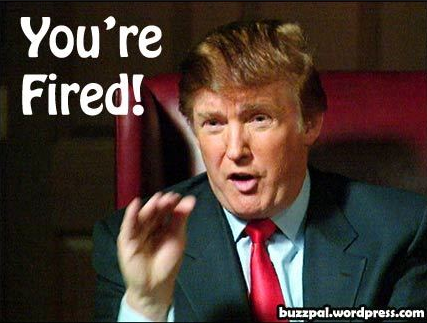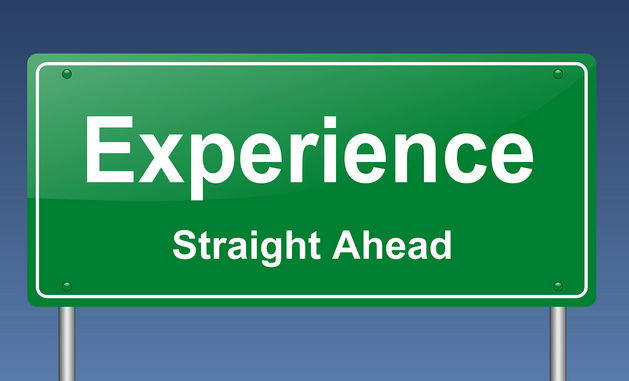3 Social Media Mistakes You are Making & How to Fix Them Immediately
While social media is not the new kid on the block anymore, we are as a population still learning how to effectively leverage social media for business. For this reason alone, those of us who are PR/Marketing/Communications practitioners cringe when we hear people profess to be social media experts. Even after using the tools for more than a decade we are all still learning how to adjust to the changing world that we operate within. We know that there are no real experts. There are people with experience using social media. Some of us even have thousands of hours using social media. In fact, there are many people with 10 years of social media under their belts. Remember that Malcolm Gladwell claims that to be a master in something you need at least 10,000 hours. Combine that experience with PR/Marketing/Communications experience and these are the people who can help businesses better use the tools to effectively meet business objectives.
So, just what are the social media mistakes that I see most often? And, better yet, how do you fix them?
1. Failing to Know/Understand Your Audience
Far to0 often I see people using social media channels or tools in the same way that they use social for their personal communications. How you use social in your personal life is NOT how you should use it for your professional/business needs. It is essential to know and understand your audience(s).
The Fix: Here are some quick and easy questions to think about and answer:
- Who are you trying to reach?
- What channels do they use?
- How are they using the channels?
- And, do they expect a business connecting/engaging with them through the channels?
These are just some questions that you should be able to answer. There are more of course and they depend on a number of strategies/tactics. However, starting with these questions should lead you in the right direction. If in doubt, find a qualified professional to help you. This is an investment that will definitely have a quick ROI.
2. Thinking that Social Media is a Stand Alone Tactic or Strategy
It is not really surprising that 10 years into social media we are still doing this. After all there are more consultants selling social media as a stand alone option than not. I would caution managers however, to really pause and reflect about this. For example, if you are a sales manager, do you approach your sales plan in one of’s? Or, do you have an overall strategy for your product/services based on a number of variables that all fold up into one plan? It is the latter of course. Your sales plan is all about meeting corporate sales objectives. The same goes for your social media. It is NOT a stand alone. Repeat after me: social media is not a stand alone tactic, tool or strategy. It is a part of the overall strategy and is but one tool or tactic to be used strategically to meet an overall objective or objectives. These objectives should be measured too, but that is another blog post.
The Fix: Don’t be fooled by wrong information:
If someone suggests that social media doesn’t link to the rest of your business: run! Run fast and run far. Gone are the days of silos. To effectively leverage social you need and integrated strategy. And, if someone tells you that can’t be done, well, you have the wrong person helping you. It really is that straight forward. When you hire a marketing strategist or a social media consultant, be sure that he or she is well rounded in terms of experience. Because someone has a Twitter account and a LinkedIn profile does not make them the right resource. What is their exact experience? Do they have PR, marketing, communication, business development and customer services experience? Has the person worked in social media in a number of capacities including but not limited to: community management, engagement, listening, playbook development, ads, analysis, research, etc. If the person can demonstrate that he or she has this experience, hire him or her immediately.
3. Not Having a Social Media Playbook
A social media playbook can be a lifesaver. Imagine you and your company are going along your merry way sharing information on social when all of a sudden someone makes a very disparaging remark about your products, services or your company in general. The first comment is made on your Facebook page and you or your employee removes the comment. Good idea? Likely not. What could happen is the person who made the comment will repost and/or make it known that you delete unfavourable comments. This could very well result in a number of people calling your openness and transparency into question and filling your feed with unflattering comments. What then? What about if they are Tweeting about you? You can’t delete their Tweets? What if it is a blog post? What then?
The Fix: Have a Living Playbook:
Playbooks will vary according to your business and the level of listening and engagement that you do. At the very least you should have a plan about what you do and do not respond to, what you escalate and to whom. Having an up-to-date playbook can save you and your team a lot time and anguish. It sets the stage for how you operate. It gives everyone the same guidelines. It is your brand and you need consistency. For a sample of how to get started, here is an ebook that I wrote while I worked for Radian6 (a.k.a salesforce.com). This is just a starter to wet your appetite. I have worked with playbooks that have been five pages. I have worked with playbooks that have been 150 pages. It all depends on your business and how you use social. In any event, you need to be prepared!
If you have any questions on your social media plan and your overall integrated strategy, I would love to help. Feel free to follow me on Twitter to stay up to date on the latest marketing and communications best practices, news and insights.




